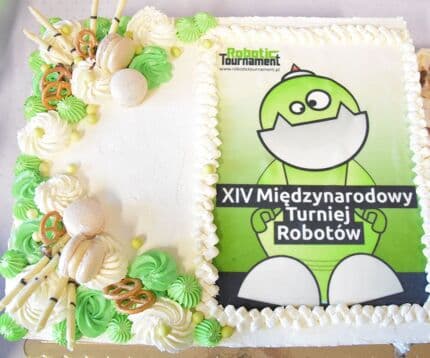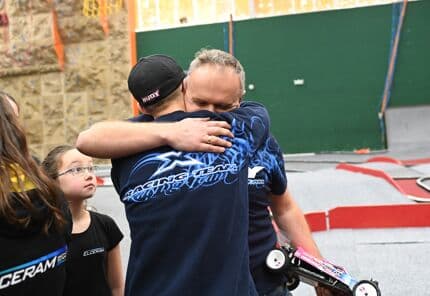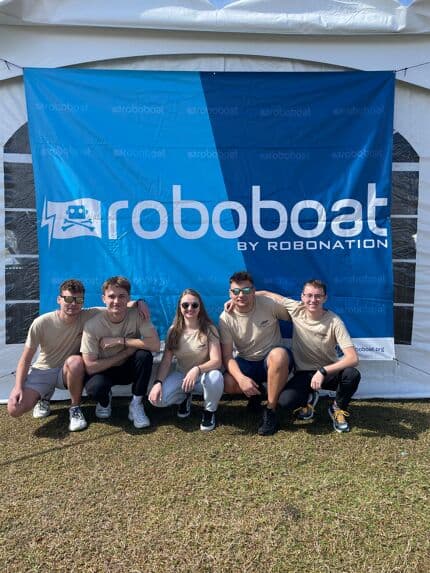The OFF-ROAD Scientific Association of Unconventional Vehicles is celebrating another triumph. Students from Wrocław University of Science and Technology took part in the Anatolian Rover Challenge 2025 in Turkey. Despite minor setbacks, the Polish team placed 2nd, standing out significantly among more than a dozen other teams.
Competition and Hunger for Experience
The event took place from July 23–27. A 10-person team from the OFF-ROAD Association participated. The Scorpio Project team included both experienced members and newcomers just entering the world of building Mars rover analogues.
The Scorpio Infinity rover, which had already demonstrated its capabilities during the Australian Rover Challenge in March, once again lived up to expectations. In Turkey, 18 teams from 6 countries, including England, India, Turkey, and Bangladesh, competed. After a fierce rivalry, the Polish team finished this year’s Anatolian Rover Challenge in 2nd place. The road to victory—like the Martian wastelands—was bumpy.
The (Almost) Unstoppable Rover
The students took part in 4 main missions: Science Mission, Night Task, Autonomous Mission, and Collaborative Task. These competitions tested a wide range of functionalities: from pulling carts and transporting loads, to collecting samples, drilling, implementing cooling systems, and ensuring radio communication.
The Scorpio project once again proved to be a construction not easily intimidated. The Wrocław rover was the only vehicle with no malfunctions, operating in all competitions. The team’s efficiency even allowed them to complete collaborative tasks—meant for several rovers—single-handedly, and in less time than the organizers had anticipated. They were the only team able to both drive and operate the manipulator in every collaborative mission task. Thanks to the cooling system, the equipment functioned for over 4 hours in the challenging Turkish conditions, with all modules running smoothly.
Despite the impressive results, there were still a few obstacles. During terrain exploration in one mission, spectroscopy failed to provide reliable readings, while microscope samples and Raman spectra were of limited quality. However, their consistent approach to research was appreciated, and their presentation went according to plan. During the Night Task, the team ran out of time due to minor issues handling probes, and during the Autonomous Mission, there was a small GPS coordinate error.
We warmly congratulate the young constructors! Once again, you have shown the high level of Polish engineering. We believe that the minor setbacks you encountered will be valuable lessons for the future and will help you return from the next competition with a gold medal. Good luck!






























